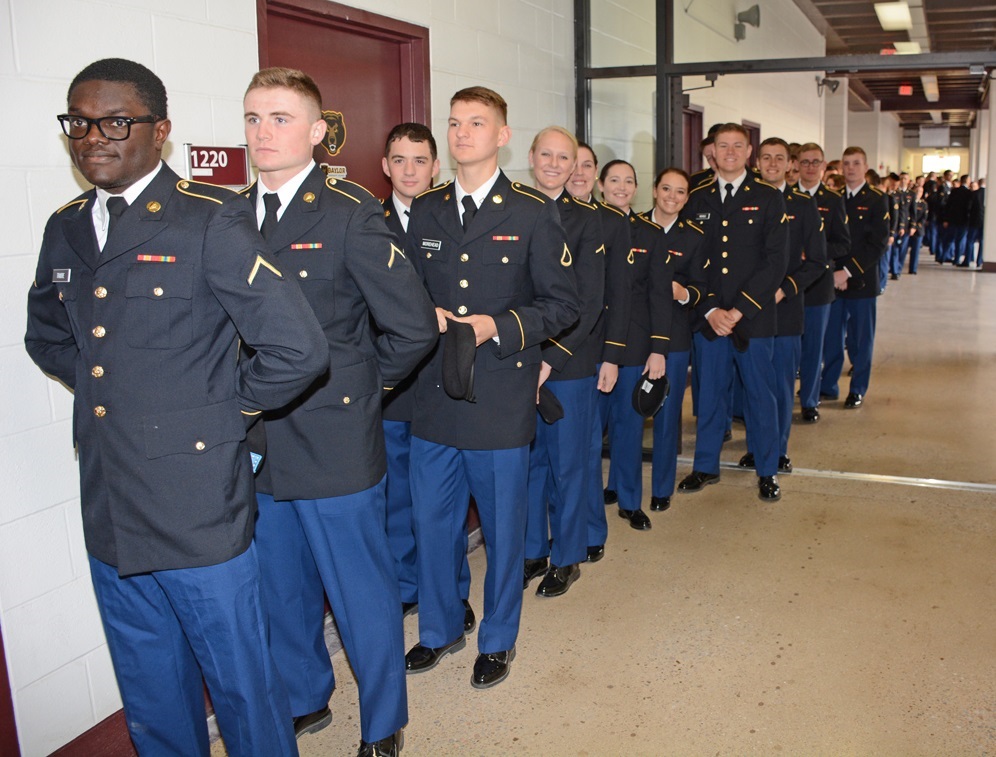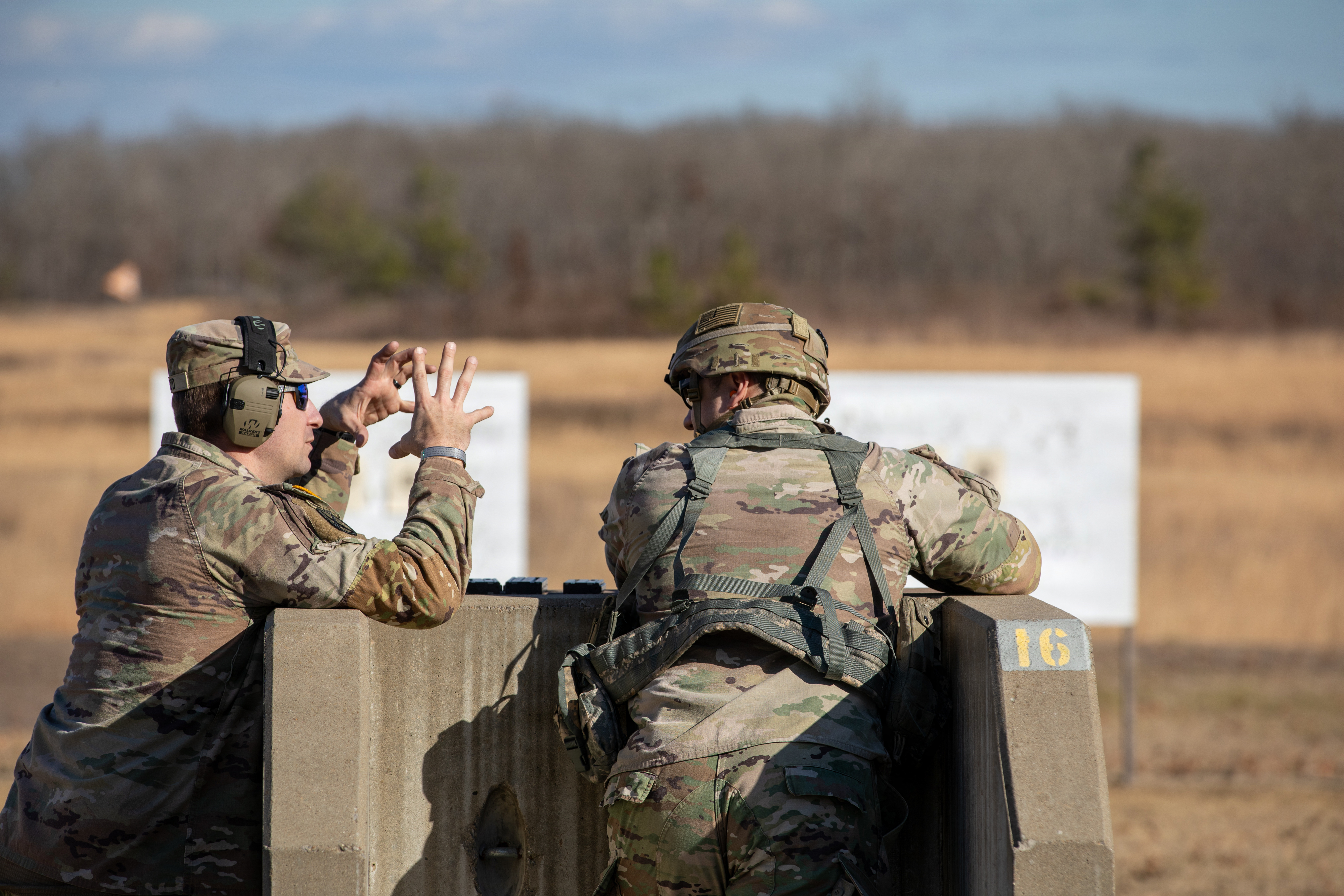How to Lead Millennials (Gen Y) and iGen (Gen Z)

There are two quotes that really help set the stage for this article.
“What is happening to our young people? They disrespect their elders. They disobey their parents. They ignore the law. They riot in the streets inflamed with wild notions. Their morals are decaying. What is to become of them?”
“The young people of today think of nothing but themselves. They have no reverence for parents or old age. They are impatient…”
Millennials, those generally born in the 1980s to mid-1990s, and iGen, those born from the mid-1990s to early 2010s, have a reputation from some as lazy, not wanting to work, not understanding the “real world,” entitled, etc. In the past year I have worked with several senior military leaders who stated that the younger generation was making the Army weak and ineffective. Millennials and iGen must really be bad then, right?
Maybe I should take a step back to the very beginning. Let’s look at the quotes more closely. They aren’t exactly what they seem. You see, the first quote is from Plato around the 4th Century BC and the second is attributed to Peter the Hermit around 1274. People have been complaining about the younger generation for thousands of years.
Every generation has people who span the gamut of skills and abilities, including those who are lazy and feel entitled as well as those who work incredibly hard and don’t take a thing for granted. Those traits are not unique to any generation. Everyone is different and people change as times change. The forces that shaped those in the 70s are very different from those that shaped those born in the 2000s. Why should we adapt to the younger generations and not expect them to adapt to our way of doing things? Great question! Those same forces that shaped the new generation also shaped the way the world operates and our mission. We no longer use carrier pigeons to communicate our messages and I don’t see anyone complaining. I also don’t see us fighting in straight lines shooting at the other side doing the same thing (Revolutionary War, Civil War, etc). Most leaders accept they must adapt based on a changing mission, but some are less willing to adapt based on changes in people. That does not describe everyone, as there are a lot of fantastic leaders out there, but the unwillingness to adapt leadership is prevalent enough to be concerning.
As leaders, our job is to figure out how to accomplish the mission. That means WE must adapt our leadership to the environment AND our people. I have volunteered with Badger Boys State, a nonprofit that teaches high school-aged boys about leadership and the political process for more than 12 years in numerous capacities. I have also worked with many young leaders throughout my career and currently teach at West Point. Let me assure you that there are a lot of fantastic current and future young leaders out there! They blow me away with their skills and what they can accomplish. Are they different from me in some respects? Of course! Is it frustrating at times to deal with those differences and having to change? Definitely. However, I know my team is more effective for having them on my team. The ability to navigate a complex digital world comes naturally to them. Social media has become an important channel for leaders to communicate. I first tried to leverage social media in a professional context on my own. It worked but was not all that great. After a while, I let a 20-year-old run with it. I also did this with two 17-year-olds for the nonprofit’s social media. Did they make a few missteps along the way? Yes. But those were great opportunities I could use to develop them. What was the outcome? Social media pages that effectively served as a communication channel for the organization. It made our team achieve greater success, my younger teammates felt great being able to make a real contribution using their talents, and it made me stand out as a leader. One important note: I don’t mean to pigeonhole younger people in “tech” related areas because they have so much more to offer. This was just a recent example of many.
One of the biggest complaints I hear from more senior leaders across the Army is that the younger generations always want to know “why” they are doing something. When I hear that complaint, I ask the leader this question: “Do you believe in developing leaders?” They always answer “yes.” I tell them they should be happy then that their subordinates are asking “why.” The “why” is essentially a leader’s intent. If subordinates don’t understand the intent, they are less likely to adapt to changing situations.
If you don’t like to explain “why” because you don’t have a good answer, then maybe you should rethink your actions. However, if there is a good reason, what’s the harm in explaining things? I will caveat this by stating there are certain instances when explaining “why” is not possible. However, those are very limited, and some leaders tend to use “a lack of time” as a crutch for poor leadership. When people know why you made certain decisions, they will be more likely to make better decisions of their own in the future. When they only know the decision, but not the “why,” they will be more likely to make the same decision as you. However, if even one variable is different, then that might be the wrong decision. When your subordinates understand why you did what you did, they can adapt their future decisions based on the set of conditions they are facing. Explaining the “why” is essentially leader development.
By no means am I saying younger generations are always better than older generations or that younger workers are better than older workers. Every person has their own strengths/weaknesses and generational differences are not as stark as some portray. We as leaders need to leverage the skills and abilities of each person we have on our team. Study after study shows that diverse teams outperform homogeneous teams. That diversity includes differences in knowledge and experience. Experience can be a great asset because there is no point in repeating mistakes. However, inexperience can be just as great of an asset because that means there is no tie to “the way things have always been done.” Our key to success as leaders is learning to leverage the strengths of a multigenerational workforce.
This also requires me, as an older millennial, to adapt to those much younger than me which has honestly been challenging at times. However, leaders who only know one way to lead, one way to motivate, and one way to do almost everything are likely not that effective. Adapting takes time and effort, but that’s our responsibility as a leader. See the younger generation as a fantastic opportunity. Millennials make up a large part of the military and iGen is quickly entering our ranks. If we don’t learn to lead them effectively, they will vote with their feet. That spells failure.
For those that complain about other generations, it’s probably not them that’s the problem… it’s you. Of course, there are always poor performers in any generation. Learning how to lead people different than you, in all sorts of characteristics, is a vital skill. The title of this article is “How to lead millennials (Gen Y) and iGen (Gen Z).” However, it really should just be “How to lead.” Because, at the end of the day, being a leader means adapting to a changing environment, which includes our most valuable resource: our people.
———
Chad Plenge teaches leadership psychology at the United States Military Academy and develops high potential leaders with the US Army’s Center for Junior Officers. He holds a Master of Arts in Organizational Psychology from Columbia University and a Master of Business Administration. Chad is a 2018 General Douglas MacArthur Leadership Award recipient. In his free time, Chad serves as the President of the board of directors for a non-profit organization focused on developing youth leadership.
Photo from: US Department of Defense



